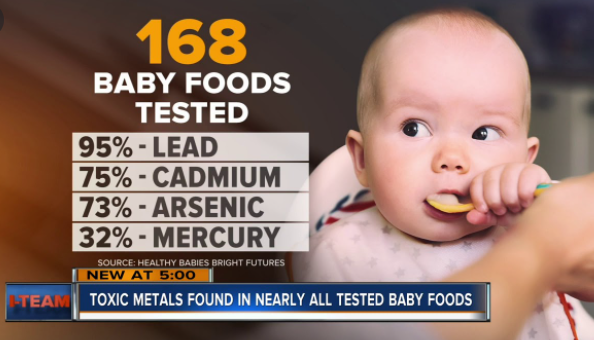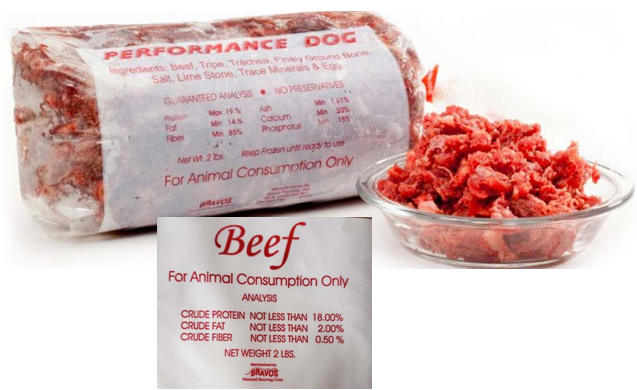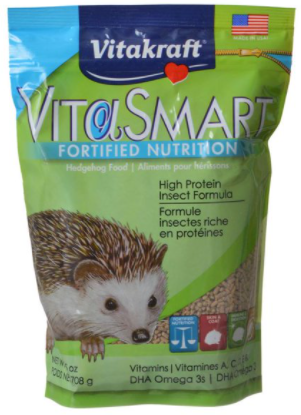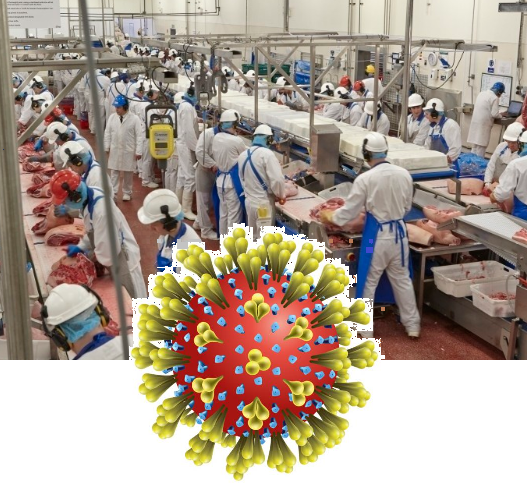After the scandal evolved relating to high levels of arsenic, lead, and other toxic metals in many popular baby foods, the FDA announced new actions to prevent or reduce chemical hazards that may be present in foods for babies and young children. The FDA issued a letter to the industry to remind the industry about their responsibility and promised an action plan to reduce toxic elements in foods for babies and young children. The FDA intends to issue guidance to identify action levels for contaminants in essential foods and provide guidance on meeting their obligations under current regulations. The FDA intends to increase the sampling of babies and young children to help drive down toxic elements in foods. The FDA is committed to reducing exposure to toxic elements in foods to the greatest extent feasible. @ https://www.fda.gov/news-events/press-announcements/fda-announces-new-actions-aimed-further-reducing-toxic-elements-food-babies-young-children?utm_medium=email&utm_source=govdelivery
FDA announces actions aimed at reducing toxic elements in food
ruth
The FDA announced that Bravo Packing, Inc. (Carneys Point, NJ) recalled all Ground Beef and Performance Dog, a frozen raw pet food, because the products can be contaminated with Salmonella and Listeria monocytogenes. Bravo Packing, Inc. voluntarily recalls the products after samples of Performance Dog, and a sample of Ground Beef collected during an FDA inspection and tested positive for Salmonella and Listeria monocytogenes. No human or animal illnesses have been reported to date. Performance Dog generally works with the distributor located in Brooklyn, New York, that fills orders to retail stores or to consumers directly nationwide. Performance Dog and Ground Beef both come frozen in 2-pound and 5-pound plastic sleeves. @ https://www.fda.gov/safety/recalls-market-withdrawals-safety-alerts/bravo-packing-inc-recalls-all-performance-dog-and-ground-beef-raw-pet-food-because-possible?utm_medium=email&utm_source=govdelivery
Bravo Packing, Inc. of Carneys Point, NJ is recalling all Ground Beef and Performance Dog, a frozen raw pet food because it has the potential to be contaminated with Salmonella and Listeria monocytogenes. Salmonella can cause illness in animals eating the products, as well as people who handle conta
ruth
The FDA announced that Vitakraft Sun Seed Inc. (Weston, OH) recalled one lot of Vitakraft Vita Smart Hedgehog Food due to its potential to be contaminated with Salmonella. Vitakraft Sun Seed was notified on February 19, 2021, by the Michigan Department of Agriculture that Salmonella was detected in an inspection sample of the product from Lot Number 343422. The tests which discovered the bacteria were part of random testing performed by the State of Michigan on consumer products and not prompted by any consumer concerns. To date, there have been no reports of illness. @ https://www.fda.gov/safety/recalls-market-withdrawals-safety-alerts/vitakraft-sun-seed-recall-vitakraft-vita-smart-hedgehog-food-due-possible-salmonella-health-risk?utm_medium=email&utm_source=govdelivery
Vitakraft Sun Seed Inc. of Weston, OH, is voluntarily recalling one lot of Vitakraft Vita Smart Hedgehog Food because it has the potential to be contaminated with Salmonella. Salmonella can affect animals eating the products and there is risk to humans from handling contaminated pet products, especi
ruth
The North America Meat Institute reported that COVID-19 infection rates among meat and poultry workers are more than five times lower than in the general U.S. population, 95% lower than peak case rates in the sector from May 2020. Food and Environmental Reporting Network (FERN) reported that the meat and poultry sector was reported to have an average of just 4.81 new reported cases per 100,000 workers per day in February 2021, compared with 26.15 cases per 100,000 people in the general U.S. population. A combination of universal masking and physical barriers reduced cases significantly in 62% of meat facilities studied. @ https://www.meatinstitute.org/ht/display/ReleaseDetails/i/188764
The latest analysis of independent data reveals that COVID-19 infection rates among meat and poultry workers are more than five times lower than in the general U.S. population, 95% lower than peak case rates in the sector from May 2020.




